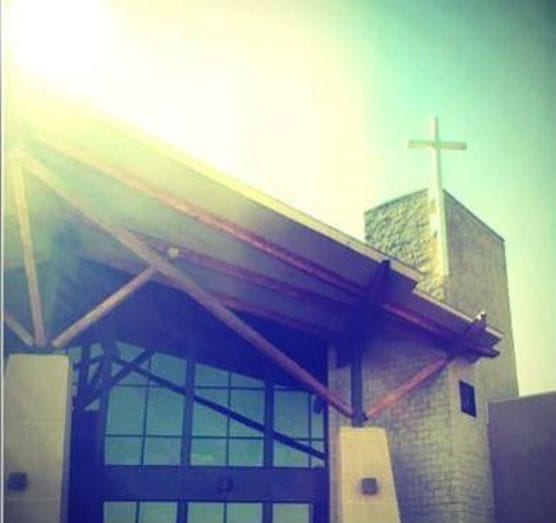California public health officials this week lifted capacity limits on in-person services at places of worship from the state’s reopening scheme, following a handful of Supreme Court decisions in favor of congregants challenging the state’s COVID-19 capacity limits.
“In response to recent judicial rulings, effective immediately, location and capacity limits on places of worship are not mandatory but are strongly recommended,” the California Department of Public Health wrote on the state’s industry guidelines website Monday night.
But one attorney told Courthouse News the capacity restrictions lifted Monday don’t moot the lawsuits challenging California’s COVID-19 restrictions, since the state has vowed to implement restrictions again should a COVID-19 variant create another public health emergency.
The state’s decision to downgrade capacity limits to recommendations this week follows the latest Supreme Court ruling blocking California from restricting home-based religious gatherings such as prayer meetings and Bible groups.
The high court’s conservatives, except for Chief Justice John Roberts, voted to lift the restriction, finding “California treats some comparable secular activities more favorably than at-home religious exercise.”
That argument has been repeated in legal challenges filed the past year against California by religious groups claiming secular activities such as hair and nail salons, retail stores and the movie industry in Hollywood have been subjected to fewer COVID-19 restrictions on their businesses than those imposed on churches, synagogues, mosques and other places of worship.
In one legal challenge, South Bay United Pentecostal Church v. Newsom, U.S. District Judge Cynthia Bashant, a Barack Obama appointee, was asked last month to block California from enforcing occupancy limits on in-person worship services ahead of Easter.
Bashant denied the Chula Vista-based church’s fourth attempt to block California’s COVID-19 restrictions, finding she couldn’t make a decision one way or another until the state confirmed how it came up with its occupancy rates and that they were not arbitrary, as the church argued.
Bashant set an evidentiary hearing on the occupancy limits for May 13 and the parties were preparing to take depositions when the Supreme Court again ruled against California’s in-person worship limits on April 10.
LiMandri & Jonna attorney Paul Jonna, representing South Bay, sent an email to the Attorney General’s Office following the Supreme Court ruling.
“Please confirm before our 1 p.m. call on Monday whether/when the state plans to update its guidance to set churches at 100% capacity. Otherwise, we will seek further appellate relief — which will inevitably result in the 6th rebuke from SCOTUS of the unfortunate strategy chosen by your clients,” Jonna wrote in the email.
“It’s time for the State of CA to get the message from the Supreme Court and stop fighting to maintain unconstitutional restrictions on religious exercise,” Jonna wrote. “Your clients’ obstinate refusal to follow the law will only result in a larger attorneys’ fees award at the end of this case.”
Following the email from Jonna, the Attorney General’s Office informed him the state had revised its capacity guidelines.
Jonna said in an interview with Courthouse News he “predicted” the state would abandon its occupancy restrictions on worship services as “the state does not want their people deposed.”
Depositions in the case were scheduled for this week and next week.
But he said the church is not abandoning its legal case considering the lifted restrictions.
“There’s still other work left to do in the case because they’ve made it clear they have the authority to reimpose the restrictions in the future. That means the issues are not moot,” Jonna said, noting South Bay is also challenging restrictions on singing and chanting that remain in place.
Jonna said he requested confirmation from the California Attorney General’s Office on Monday whether Governor Gavin Newsom maintains he could reimpose Covid-19 restrictions if deemed necessary.
The Attorney General’s Office confirmed it “does not foresee reimposing mandatory capacity restrictions on houses of worship” but “maintains it has the authority to impose mandatory capacity restrictions on activities if necessary to reduce transmission of a deadly and communicable virus,” Jonna said, reading aloud from an email.
“We interpret this as vague enough to make it clear these are still live issues and we still need further relief in the form of a permanent injunction,” Jonna said.
An email request to the California Attorney General’s Office was not returned by press time.
— By Bianca Bruno
Like this:
Like Loading...
Related





 Tweet This
Tweet This Facebook
Facebook Digg This
Digg This Bookmark
Bookmark Stumble
Stumble RSS
RSS


























REAL NAMES ONLY: All posters must use their real individual or business name. This applies equally to Twitter account holders who use a nickname.
0 Comments
You can be the first one to leave a comment.